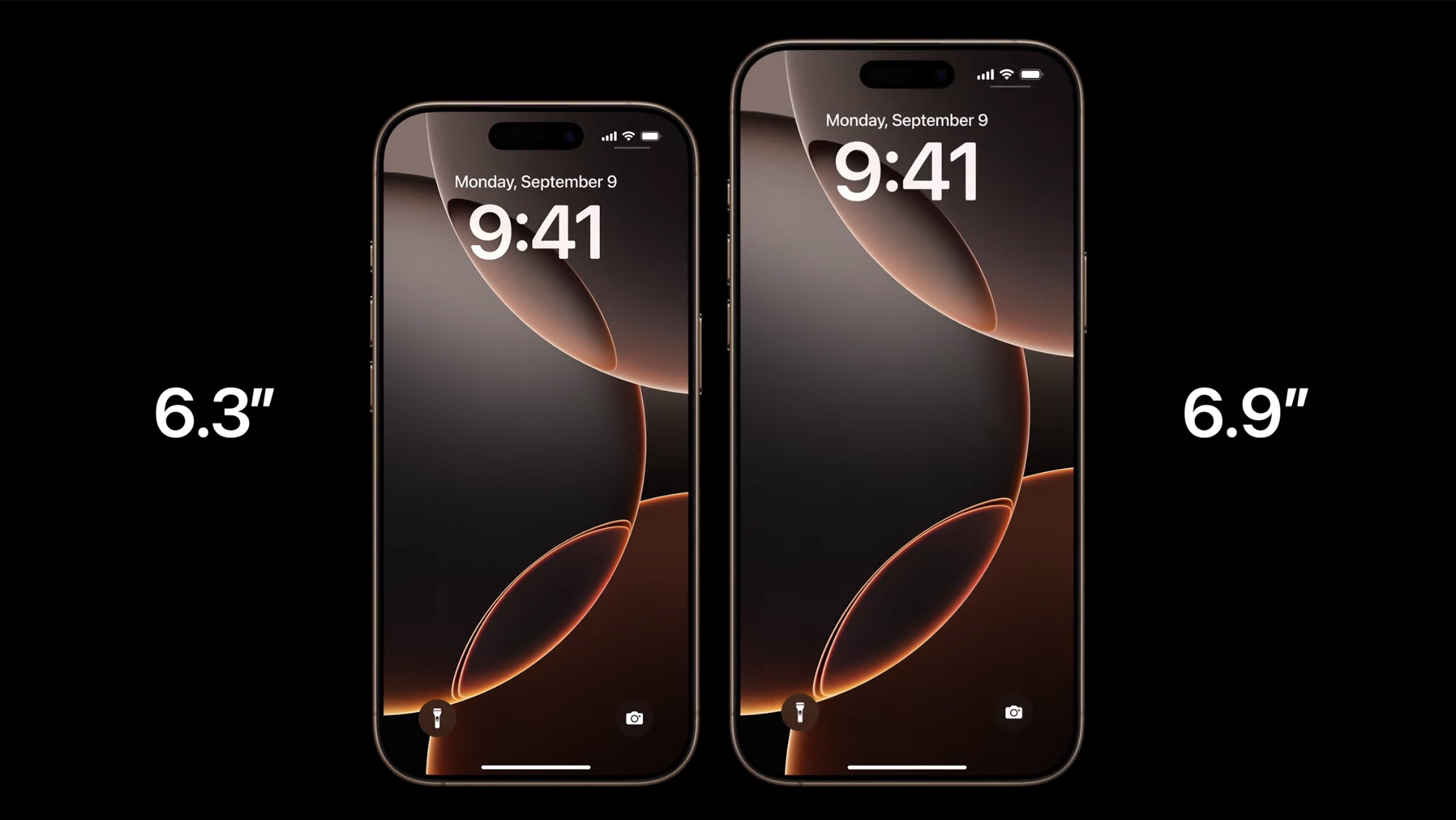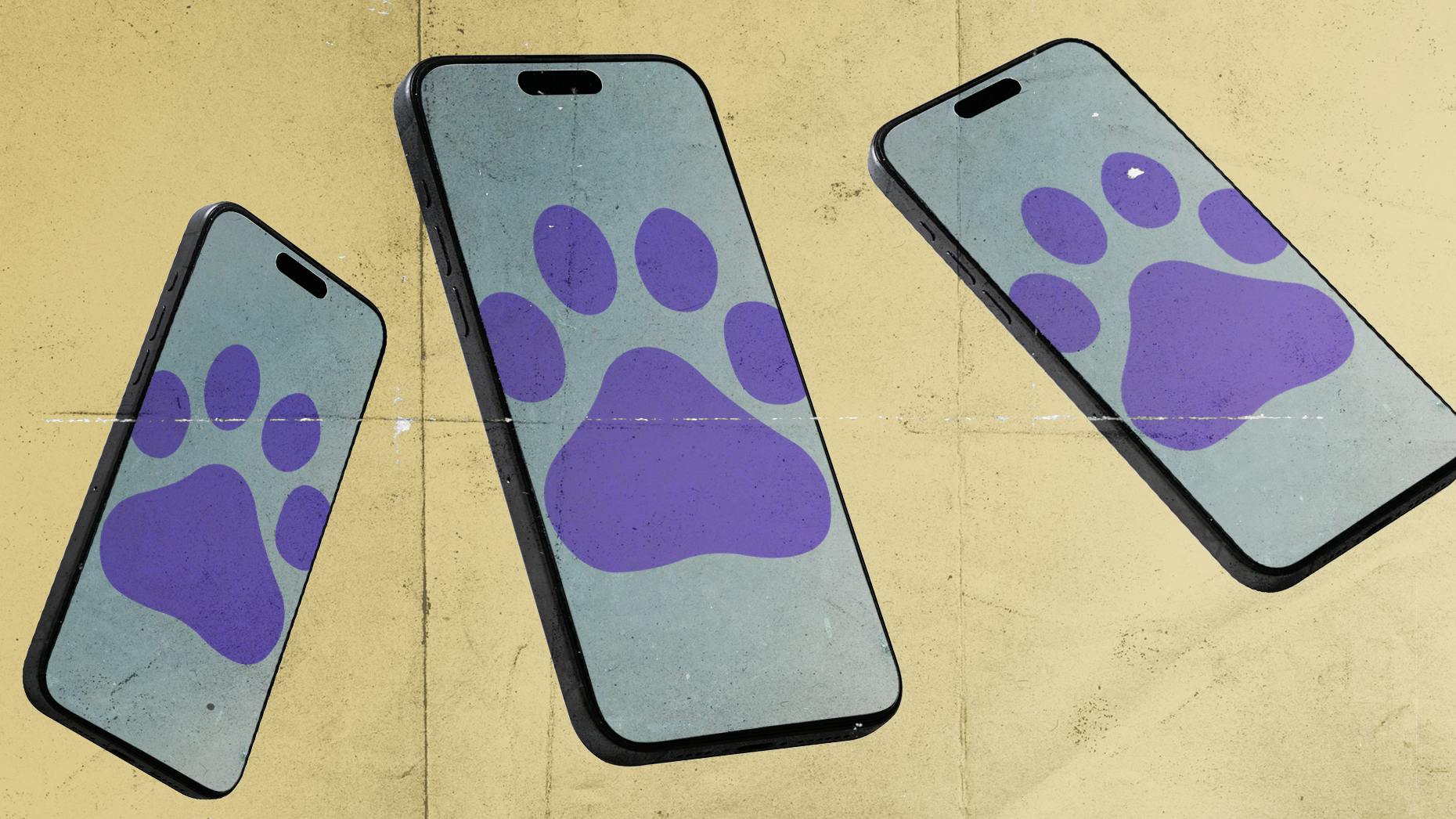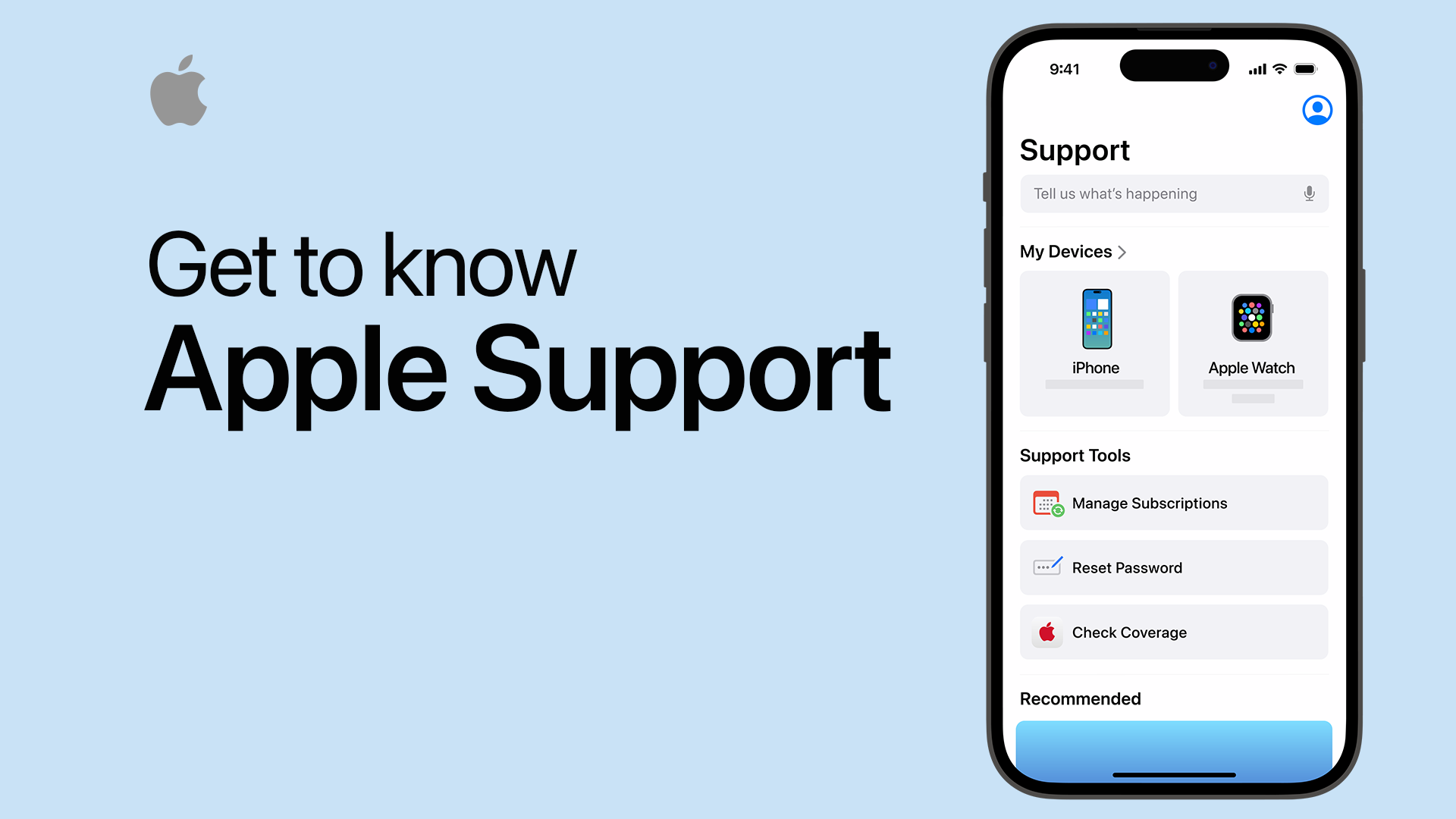
AAPL Company – Revolutionizing Technology and Transforming Lives
The AAPL Company is a name that resonates worldwide, symbolizing cutting-edge innovation and the seamless integration of technology into daily life. From its inception in the late 1970s to becoming one of the most valuable companies globally, Apple Inc. has significantly impacted various industries and transformed consumer expectations.
AAPL Company

When discussing the AAPL Company, it is essential to recognize its multifaceted nature. The corporation’s primary focus has always been on designing, manufacturing, and marketing consumer electronics, software, and online services. However, what sets Apple apart from its competitors is not just its array of products but also its unique approach to business and brand identity.
The Birth and Evolution of AAPL Company
The journey of the AAPL Company began when Steve Jobs, Steve Wozniak, and Ronald Wayne founded Apple Computer, Inc. in 1976. Their initial vision revolved around creating user-friendly computers that could bridge the gap between complex technology and everyday users. This pioneering spirit led to the introduction of the Apple I computer, which laid the groundwork for later innovations.
As the years progressed, AAPL Company evolved beyond personal computers, venturing into music players, smartphones, and tablets. With the launch of the iPod in 2001, Apple redefined how people consumed music, subsequently transitioning from a computer manufacturer to a comprehensive lifestyle brand. Each product offered by the company embodies a commitment to quality, design elegance, and user-centric functionality.
Innovations That Changed the Landscape
Innovation has always been at the heart of the AAPL Company, with each product release stirring excitement among consumers and industry experts alike. The introduction of the iPhone in 2007 marked a pivotal moment, revolutionizing the smartphone market and shaping the future of mobile communication.
Apple’s relentless pursuit of excellence extends beyond hardware; the company continuously enhances its software ecosystem, enhancing user experience through frequent updates and new features. The iOS operating system is a prime example of this dedication, evolving steadily while maintaining a simple, intuitive interface.
Corporate Culture and Values
At the core of the AAPL Company is a corporate culture that fosters creativity, collaboration, and a passion for innovation. Apple’s emphasis on secrecy during product development generates anticipation and excitement among consumers. This culture not only contributes to its market success but also attracts some of the brightest minds in the tech industry.
Furthermore, Apple prides itself on its commitment to sustainability and social responsibility. By investing in renewable energy and ethical labor practices, the AAPL Company aims to minimize its environmental footprint while promoting positive change within the global community.
IPhone
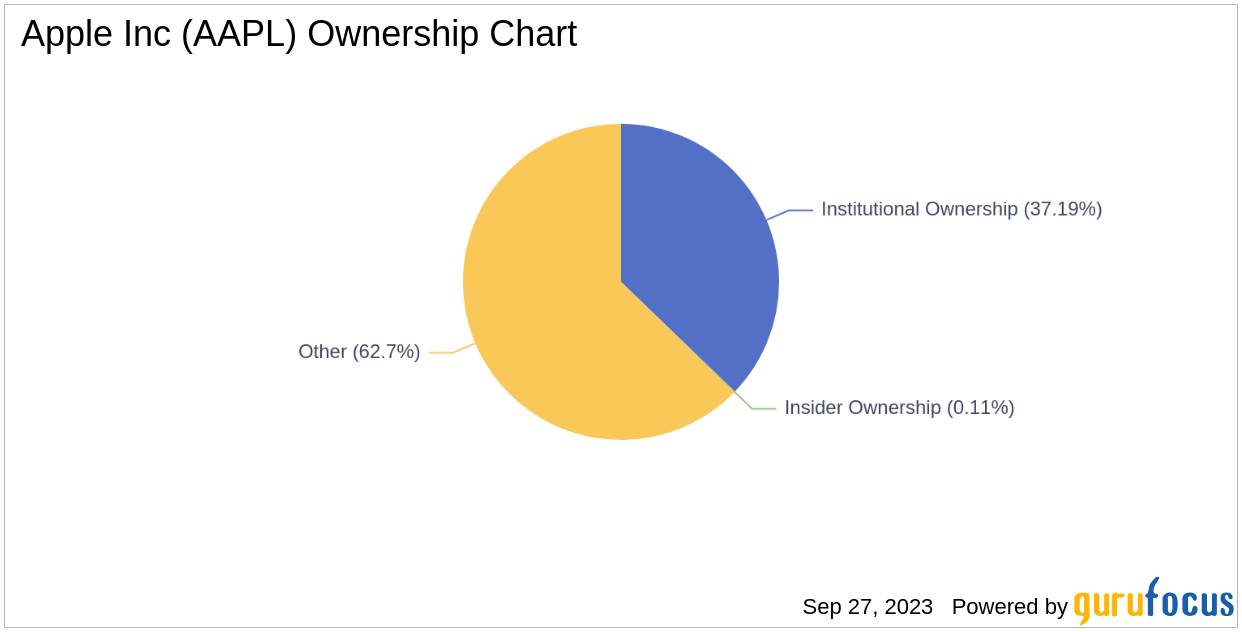
The iPhone is arguably the flagship product of the AAPL Company, serving as a game-changer in the realm of smartphones. Its evolution over the years illustrates how Apple has continually pushed boundaries to enhance technology.
The Game-Changing Launch
When the first-generation iPhone was unveiled in 2007, it set off a ripple effect across the tech landscape. Combining a phone, iPod, and internet communicator into a single device, the iPhone redefined connectivity and multimedia consumption.
This innovative device introduced features that were unprecedented at the time, including a touch screen interface and access to the App Store, allowing third-party app developers to create applications that catered to diverse user needs. As a result, the iPhone became synonymous with versatility and convenience.
Continuous Innovation and Features
With each iteration of the iPhone, Apple has introduced new features that enhance the user experience. From improved camera technology to facial recognition systems, the iPhone has continually pushed technological boundaries.
The introduction of the iPhone X, for example, saw a shift towards edge-to-edge displays and advanced security features, showcasing Apple’s ability to adapt to changing consumer preferences. The integration of artificial intelligence through the A-series chipsets further solidifies the iPhone’s position as a leader in smartphone technology.
Global Impact and Cultural Phenomenon
The iPhone has transcended its role as merely a communication device; it has woven itself into the fabric of modern society. From facilitating social connections to altering the way businesses operate, the iPhone has become an indispensable tool for millions worldwide.
In many cultures, owning an iPhone has become a status symbol, representing not just wealth but also a commitment to embracing technology. The impact of the iPhone on social dynamics and cultural trends cannot be overstated—it has changed how we interact, work, and entertain ourselves.
The Future of the iPhone and Apple Ecosystem
Looking ahead, the future of the iPhone seems promising. Enhanced integration with other Apple products and services will continue to refine user experiences, deepening brand loyalty. The potential introduction of augmented reality features may redefine how users interact with their environment, adding yet another layer of innovation to the iPhone experience.
Additionally, the ongoing focus on privacy and security reflects the company’s commitment to protecting user data in a world where concerns about digital safety are increasingly paramount. The AAPL Company appears poised to lead the charge toward a more secure and interconnected future.
Brazil
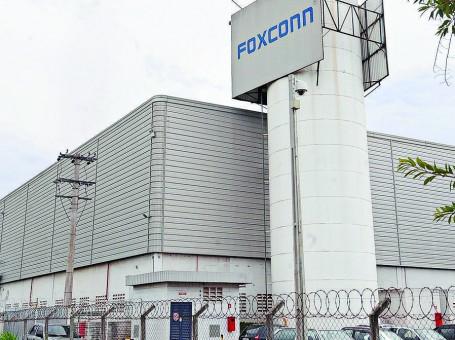
Brazil presents a unique landscape for the AAPL Company, showcasing both challenges and opportunities. With a burgeoning middle class and increasing smartphone penetration, the country represents a vibrant market for Apple.
The Brazilian Market Landscape
Brazil’s vast population and growing demand for technology make it a key area of interest for the AAPL Company. As more Brazilians embrace smartphones and other technological devices, Apple’s challenge lies in differentiating itself in this competitive market.
Local consumer preferences often shape purchasing decisions, leading the AAPL Company to tailor its marketing strategies and product offerings for Brazilian audiences. Incorporating local language support, cultural references, and even pricing adjustments are crucial for Apple to establish a robust foothold in this diverse market.
Challenges Faced by AAPL Company in Brazil
Despite its strong brand presence, the AAPL Company faces notable challenges in Brazil. Economic fluctuations, high import taxes, and competition from local brands can pose barriers to market growth. Additionally, the economic disparities within the country mean that premium-priced products may not be accessible to all consumers.
Navigating these complexities requires strategic partnerships and localized marketing efforts, ensuring that the AAPL Company communicates its value proposition effectively to Brazilian consumers.
The Rise of E-commerce and Digital Services
With the rise of e-commerce and digital services, the AAPL Company is well-positioned to capitalize on changing consumer behaviors in Brazil. As more individuals shift towards online shopping and digital transactions, Apple’s suite of services—including Apple Pay, Apple Music, and the App Store—can seamlessly integrate into daily life.
The company’s focus on providing quality customer service and building community engagement through localized content can further strengthen its presence in the Brazilian market. Collaborations with local influencers and creators can amplify brand visibility and resonate with target demographics.
Future Opportunities and Growth
Given Brazil’s growing technological landscape, there are significant future opportunities for the AAPL Company. Establishing retail stores and service centers across major cities can enhance customer engagement while fostering brand loyalty.
Moreover, expanding educational initiatives and community outreach programs can help Apple connect with younger audiences and inspire future generations of innovators. By investing in Brazil’s tech ecosystem, the AAPL Company can contribute positively while benefitting from a thriving market.
Conclusion
The AAPL Company has undeniably transformed the technology landscape, emerging as a beacon of innovation and quality. From the revolutionary iPhone to its strategic endeavors in markets like Brazil, Apple continues to redefine the boundaries of technology.
As we look to the future, the company’s commitment to innovation, sustainability, and user experience will undoubtedly shape consumer expectations and drive further advancements. The legacy of the AAPL Company is not merely in its products but in its profound impact on the way we live, communicate, and engage with the world around us.
